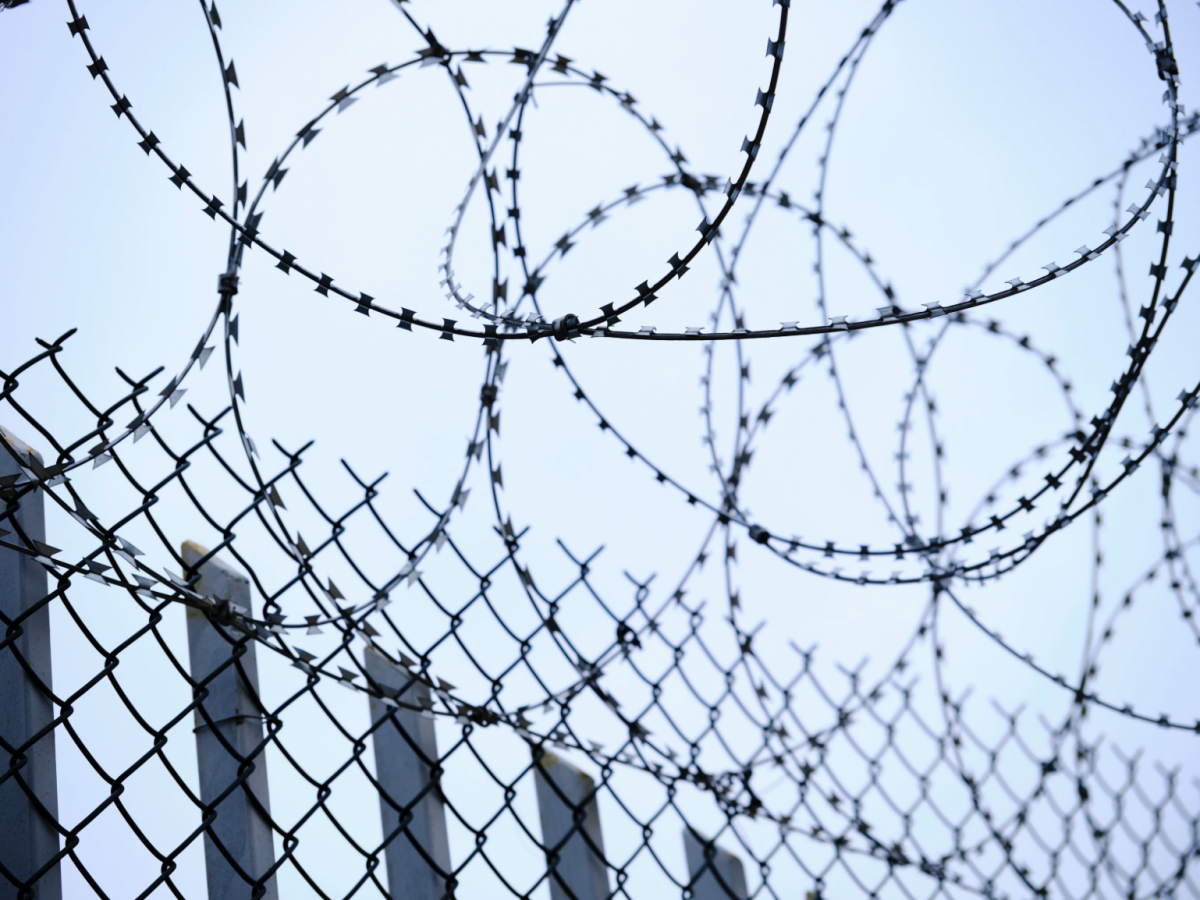A consortium of organizations want systemic changes in the youth justice system and have formally requested a meeting with Shelby County Sheriff Floyd Bonner to address them.
The Black Clergy Collaborative of Memphis (BCCM) announced on Wednesday that they, along with nine other organizations, delivered to Bonner seeking his help to develop a new plan to address issues they see in the system. The consortium includes Stand for Children – Tennessee, Gifts of Life Ministries, Whole Child Strategies, Just City, Shelby Countywide Juvenile Justice Consortium, The Equity Alliance, Memphis for All, Memphis Interfaith Coalition for Action and Hope (MICAH), and Youth Justice Action Council (YJAC).
The biggest concern for the group is that the Shelby County Youth Justice and Education Center has not allowed in-person visitation for several years. they also said youth are not receiving an education that parallels mainstream public school; they are not allowed time outdoors; and research and advocacy organizations are not allowed time with detained youth.
The groups say the youth justice system should “balance accountability with rehabilitation,” and that those who are detained should “ receive appropriate care, education, and support during their involvement with the legal process.”
The wellbeing of detained youth is dependent on community collaboration, they said, and they are “eager” to develop a plan focused on “youth adolescent development and their strengths.”That plan should include data, research, and evidence-based practices, they said, something missing now.
“Unfortunately, some organizations gathering data and performing research have been denied access to youth in detention who have lived experiences that can inform the plan that will help youth avoid interaction with the justice system and prevent them from returning if they have already been involved,” the groups said.
A report from the Disability Rights TN and Youth Law Center says “logistical and cost barriers” often stop families from visiting their children while they’re detained. The advocacy consortium listed a variety of other reasons like transportation burdens and phone restrictions that also have proved to be hurdles to visitation.
“Parents literally cannot parent their children, not because they don’t want to, but because the juvenile justice system erects barriers that make it virtually impossible to do so,” the report said.
The report from the law center also says detained youth “ are not receiving an education that parallels mainstream public schools and holds them to the same academic standards.”
“Receiving appropriate education ensures that youth eligible to return to school after release will be prepared to succeed in mainstream public schools and will not be further marginalized,” the groups said. “Youth who do not return to public education should have the tools to pursue a productive life after detention. “
The organizations requested that Bonner respond with his availability by this week. It was unclear if the meeting has been scheduled.
